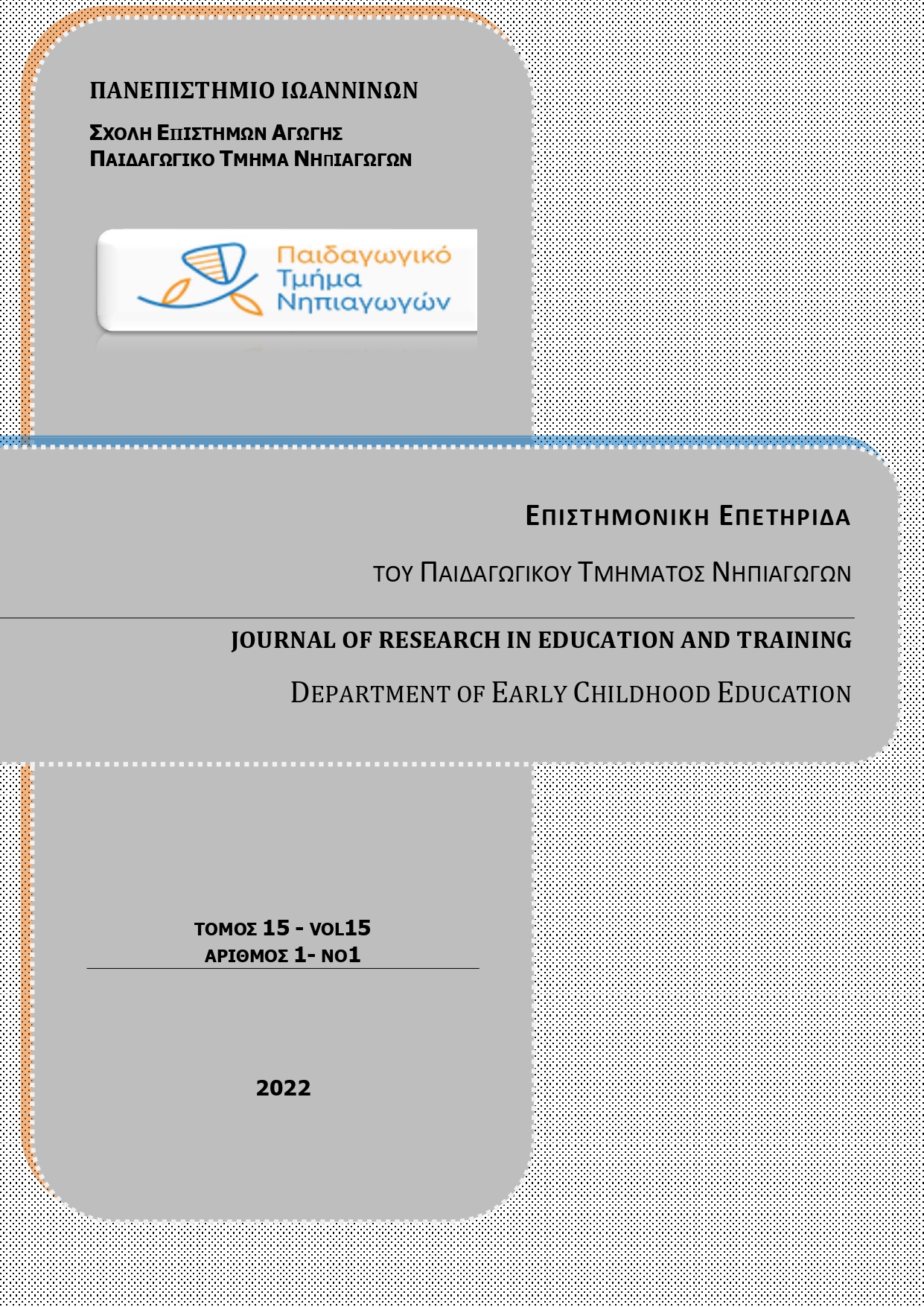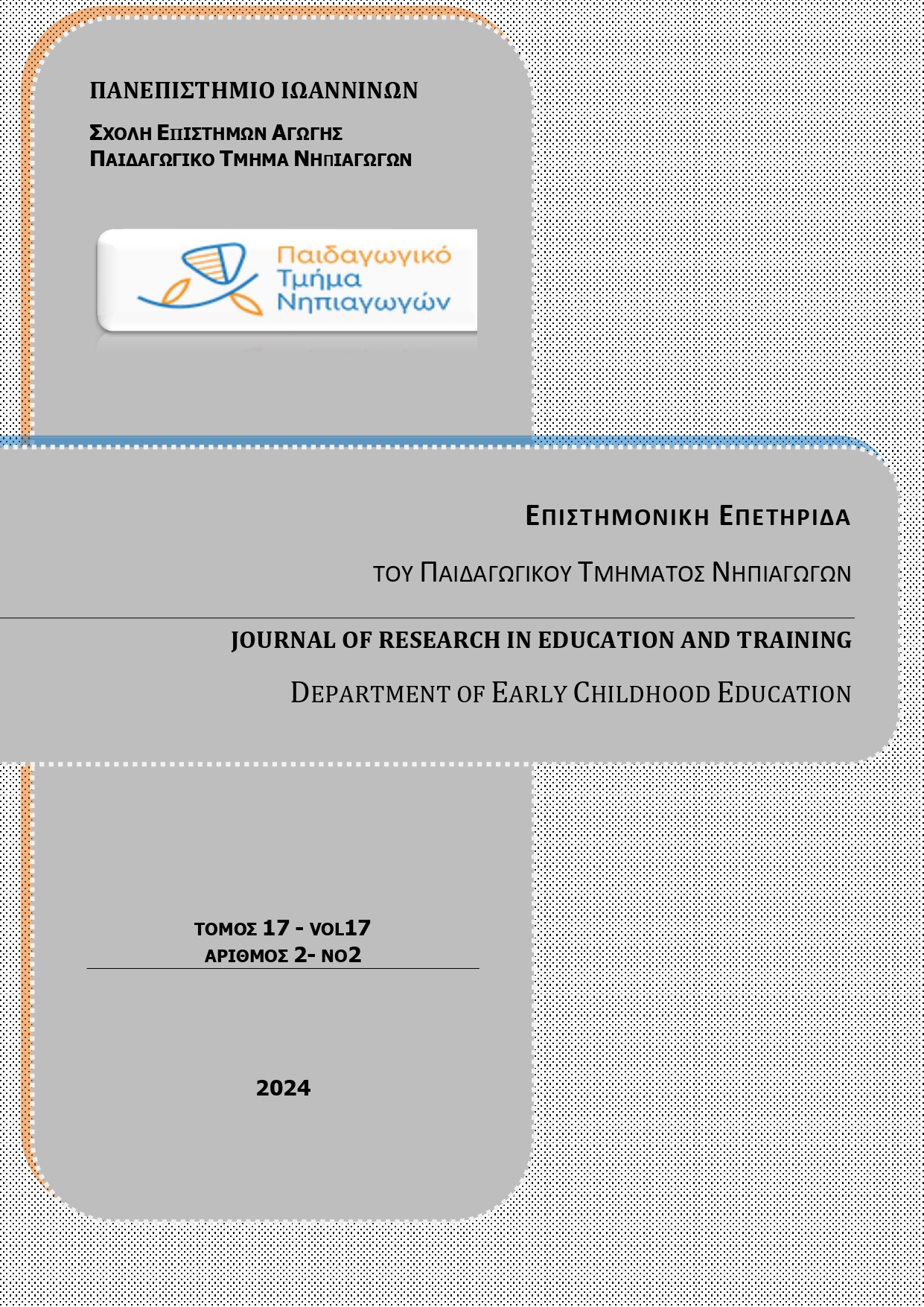Discipline and school environment from school restrictions to the predominance of the pedagogical point of view

Abstract
Discipline is an integral part of education and a necessary condition for ensuring order in school environments. The increase of delinquency and the abolition of discipline, makes it necessary to search for the causes and origins of the phenomenon. The approach is sought from recorded written evidence of the historical period of the 17th and 18th centuries and in European school settings, focusing on Bavarian schools mainly in terms of teachers and the manifestation of their behaviors. There is the occasional imposition of discipline, its focus on issues related to the religious obligations of students but also issues of appearance and clothing and compliance with the rules. The imposition of punishment - physical or psychological - was also inextricably linked to the perception of the time that it was a necessary component of the education or upbringing of young people. The situation changed at the end of the 19th century, where new alternative approaches were gradually being established to compensate for the traditional form of punishment. Teachers' perceptions on the issue of discipline and how they were formed are examined. The various approaches that exist in the field of education are analyzed. Attempts are being made to find the causes of children's unruly behavior as well as teachers' punitive practices and the appropriate approaches in the light of the United Nations Convention on the Rights of the Child.
Article Details
- How to Cite
-
Karaoulas, A., & Boukouvala, P. (2022). Discipline and school environment: from school restrictions to the predominance of the pedagogical point of view. Journal of Research in Education and Training, 15(1), 132–148. https://doi.org/10.12681/jret.29174
- Issue
- Vol. 15 No. 1 (2022):
- Section
- Articles

This work is licensed under a Creative Commons Attribution-NonCommercial-ShareAlike 4.0 International License.
Authors who publish with this journal agree to the following terms:
- Authors retain copyright and grant the journal right of first publication with the work simultaneously licensed under a Creative Commons Attribution Non-Commercial License that allows others to share the work with an acknowledgement of the work's authorship and initial publication in this journal.
- Authors are able to enter into separate, additional contractual arrangements for the non-exclusive distribution of the journal's published version of the work (e.g. post it to an institutional repository or publish it in a book), with an acknowledgement of its initial publication in this journal.
- Authors are permitted and encouraged to post their work online (preferably in institutional repositories or on their website) prior to and during the submission process, as it can lead to productive exchanges, as well as earlier and greater citation of published work (See The Effect of Open Access).



